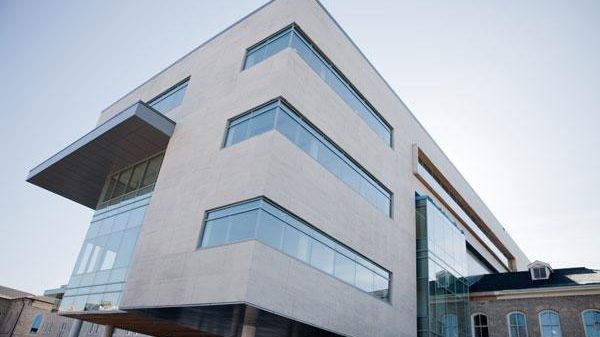Palestinian leader invited to White House in Trump call
Posted Mar 10, 2017 12:13:35 PM.
Last Updated Mar 10, 2017 10:00:09 PM.
This article is more than 5 years old.
RAMALLAH, Palestinian Territories – President Donald Trump invited Palestinian leader Mahmoud Abbas to the White House to discuss resuming peace talks in their first contact since Trump took office in January.
Abbas’ spokesman Nabil Abu Rdeneh said that Abbas would travel “very soon.”
The White House said in a statement that the two leaders on Friday discussed ways to advance peace throughout the Middle East, including a comprehensive agreement that would end the Israeli-Palestinian conflict.
“The president emphasized his personal belief that peace is possible and that the time has come to make a deal,” the White House said. “The president noted that such a deal would not only give Israelis and Palestinians the peace and security they deserve, but that it would reverberate positively throughout the region and the world.”
Trump underscored that such a peace agreement must be negotiated directly between the two parties, and that the United States will work closely with Palestinian and Israeli leadership to make progress toward that goal, the statement said.
“We are ready to deal with President Trump and the Israeli government to resume the negotiations,” Abu Rdeneh said. “If the Israelis are ready, President Abbas has committed himself to a peaceful deal with President Trump.”
Abu Rdeneh added that “President Trump is a very honest man, very courageous man, looking for a deal, a just deal.”
There was no immediate comment from the Israeli government.
The last round of U.S.-mediated peace talks collapsed in 2014.
Friday’s call was the first between Trump and Abbas since Trump took office.
In his efforts to secure Palestinian statehood, Abbas has spent many hours on the phone and in meetings with U.S. presidents and secretaries of state over the past decade, but has been unsuccessful when reaching out to Trump — until now.
Trump is unpopular among Palestinians because he appeared to break from his predecessor and adopt friendlier positions toward the Israeli government; ambivalence has marked his position toward a two-state solution to the conflict, he’s considering to move the U.S. embassy in Israel to Jerusalem, which the Palestinians seek as the capital of their future state, and has adopted a more lenient approach to Israel building settlements in territory claimed by the Palestinians.
However, Trump’s administration last week warned Israel against annexing parts of the occupied West Bank, saying it would trigger an “immediate crisis” between the two allies.
The move suggested Trump may be returning to more traditional U.S. policy and will not give Israel free rein to expand its control over the West Bank and sideline the Palestinians, as Israeli nationalists had hoped.










